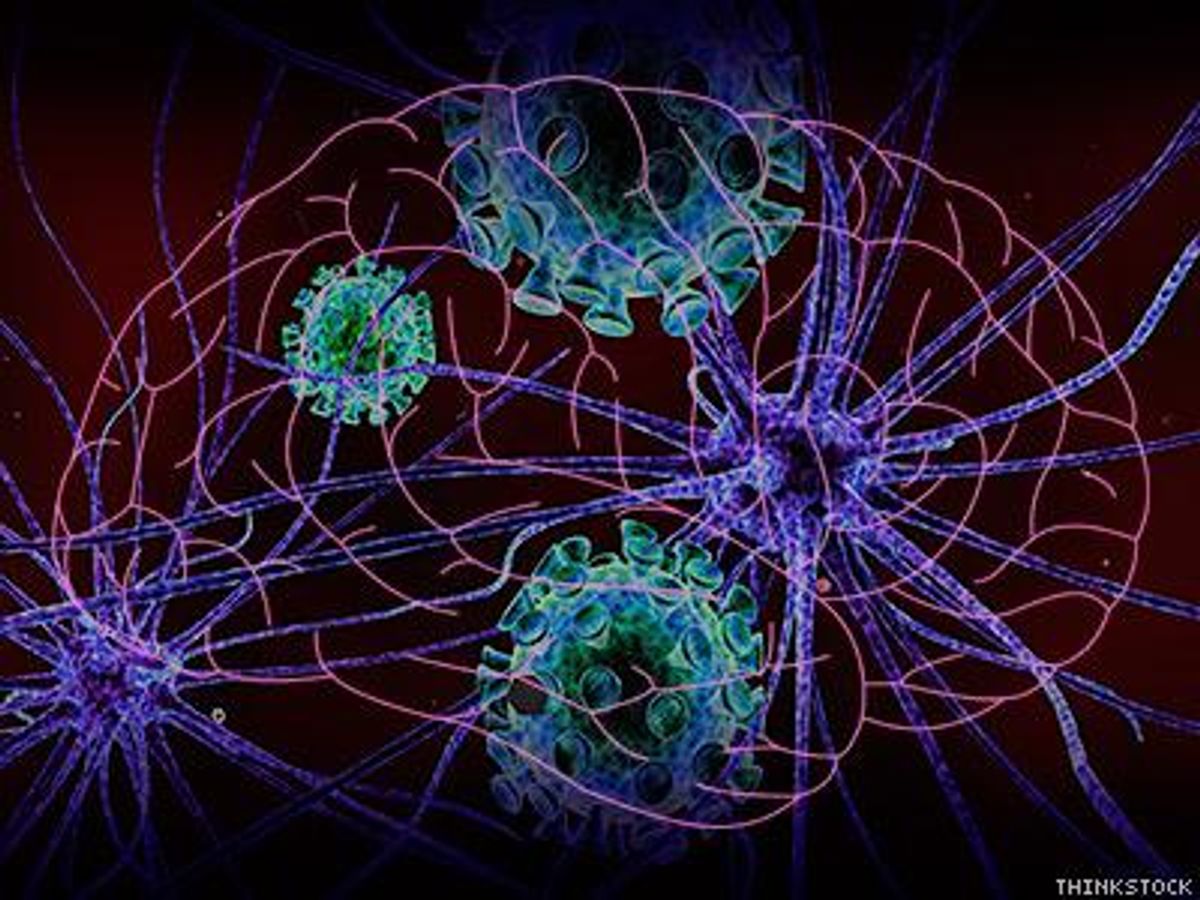In a National Institutes for Health-funded study researchers found that HIV can genetically evolve and independently replicate in patients’ brains within the first two years of the illness. In a subset of patients the replication began as early as four months.
There was also evidence that the virus could replicate a distinct genome in the nervous system.
The results of the study show the importance of early testing and diagnosis, said the researchers.
“Any delay [in diagnosis] runs the risk that the virus could find refuge and cause damage in the brain, where some medications are less effective – potentially enabling it to re-emerge, even after it is suppressed in the periphery,” said Dianne Rausch, director of the Division of AIDS Research of the NIH’s National Institute of Mental Health (NIMH).
The study, published in the journal PLoS Pathogens, compared evidence of HIV activity cerebral spinal fluid versus blood from 72 untreated HIV-positive patients over the first two years of infection, and showed that 10-22 percent of the patients showed evidence of replication or inflammation in the brain.
It’s been known for a while that HIV could penetrate the brain and cause neurological problems, including dementia, but there was little evidence of how quickly it could thrive in the brain. This new study suggests that in most patients that forms of the virus infect immune cells which spread to the brain by blood.
However, in some patients, forms of the virus evolved in the brain environment that were not found in blood. This raises concerns that these forms of the virus could become independent and treatment-resistant. These forms could compartmentalize in the brain, like an HIV reservoir, only to break out later and re-infect the body, even if the virus is eliminated from blood and lymph node tissue by treatment.
Further studies are still needed to determine if ART can reverse the inflammation or replication in the brain.












































































